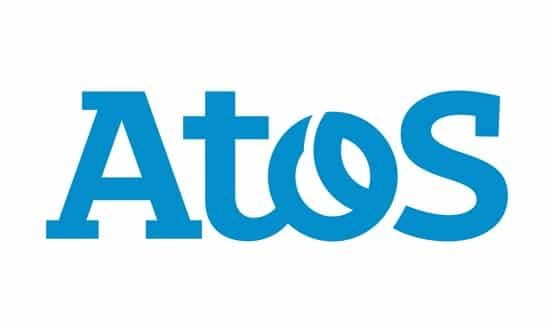Labour’s O’Brien: NHS safe in our hands
- 10 September 2009
 |
|
Mike O’Brien |
Junior health minister Mike O’Brien has claimed that the NHS is “safe in our hands” and that the government will “focus on quality and innovation” to help it through the financial crunch.
However, O’Brien, who was appointed in June 2009 and given specific responsibility for NHS IT, did not detail what innovations he would like to see at a seminar on the future of the NHS, organised by the Westminster Health Forum.
The former e-commerce minister also failed to discuss the billions of pounds already spent on the National Programme for IT in the NHS, or how he expects to see technology used or affected when the Treasury’s present settlement with the health service runs out in 2011.
The minister instead responded to recent media claims that the government has done a U-turn on its policy to refrain from making NHS spending cuts.
He said: “We are aware of the media’s idea of slash and burn – but we will not. We recognise that there are tighter budgets; our focus is on the NHS getting the funding it needs and we will not go back on that.
"Financial constraints do occur but quality does not have to be affected and it won’t. We must not slash workforce or cut services, there will be no return to Thatcherite slash and burn."
O’Brien argued that savings could be made by reform, selling assets that are no longer needed and shifting resources to other areas.
Some industry bodies and academics at the seminar referred to technology in the NHS as “something to celebrate” in times of recession, but the minister remained tight lipped.
Professor Nick Bosanquet, professor of health policy, Imperial College London and consultant director of right-wing think-tank, Reform, considered how small changes in technology could make a difference.
He said: “Around ten million outpatient letters are sent every year and they cost £20 each; why can’t a mini questionnaire be constructed that could be emailed out to a patient?”
He added that there is already a “medium level of technology” available to almost everyone that the NHS could use, in the form of the internet and mobile diagnostic devices.
Niall Dickson, chief executive of The King’s Fund, said: “In theory technology can save money. However, there are additional costs in providing new, additional and better things.”
After his speech, Dickson told E-Health Insider: “[The NHS] has been a very slow adopter of technology and we need to be much quicker.
“International evidence demonstrates that IT can be a solution in the recession and that there is pay-back; but it takes time and it’s questionable whether we have that time. The other big fear is that we are constrained by cost, so we won’t do it.”
However, Dickson added that the cultural change for the acceptance of technology in the NHS has already taken place and that “in reality it is crucial in the future of the NHS.”
More on the financial crisis and what it might mean for NHS IT:
• Podcast: crunch time. E-Health Insider reporter Sarah Bruce asks NHS IT managers attending a round-table organised by Simpl how they see the financial crisis affecting them and the industry they work in.
• News analysis: arctic blast. The King’s Fund think-tank recently set out three funding scenarios for the NHS after 2011 and graded them ‘tepid’ to ‘arctic’. Is this a great opportunity for NHS IT? Or will it find itself first in line for cuts?




